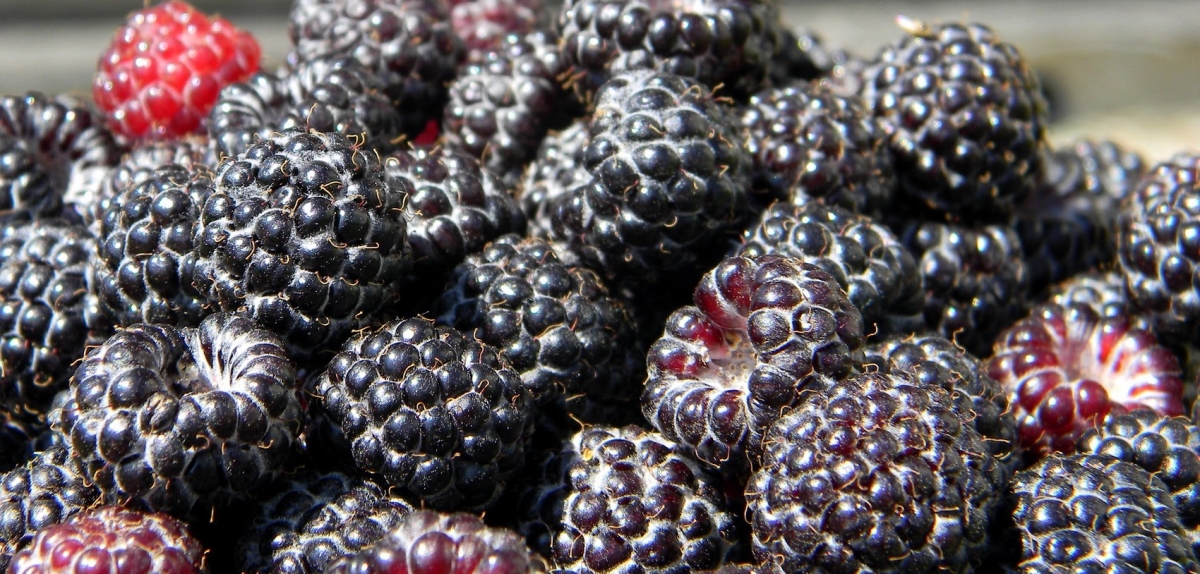
A study on mice seems to indicate that diets with a high content of black raspberries could reduce skin allergy and skin inflammation related to contact hypersensitivity. Contact hypersensitivity causes redness and other signs of inflammation on the skin.
Senior author and Ohio State University assistant professor Steve Oghumu said that on many current medical treatments, such as steroids, anti-inflammatory medication is applied directly onto the patient's skin. He says that it is interesting to see that consuming fruit, particularly black raspberries, could achieve the same benefits. The study was published in the Nutrients journal.
The study grouped mice and put them on a diet that included black raspberries. The amount of the fruit is equal to one daily serving for humans. As with a proper experiment, a control group was also included. In this group, the mice were given a similar diet, but one that does not contain black raspberries.
After three weeks of giving the corresponding diets, the scientists exposed each of the ears of the mice to irritants in order to induce contact hypersensitivity and found that the mice given a diet containing black raspberries had less swelling compared to those mice which were not fed black raspberries. The fruit seems to be modulating dendritic cells; these are the cells that serve as messengers to our immune system. It tells the immune system of the body when to activate or be dormant, and, in this case, when to cause an inflammatory response or not.
Oghumu says that our immune system is a very complex system that has many components and factors. Once scientists can pinpoint which individual cells in the system are affected by the blackberries, then we can start to determine how the fruit can inhibit inflammation.
Source: natureworldnews.com

 En
En  Укр
Укр 


